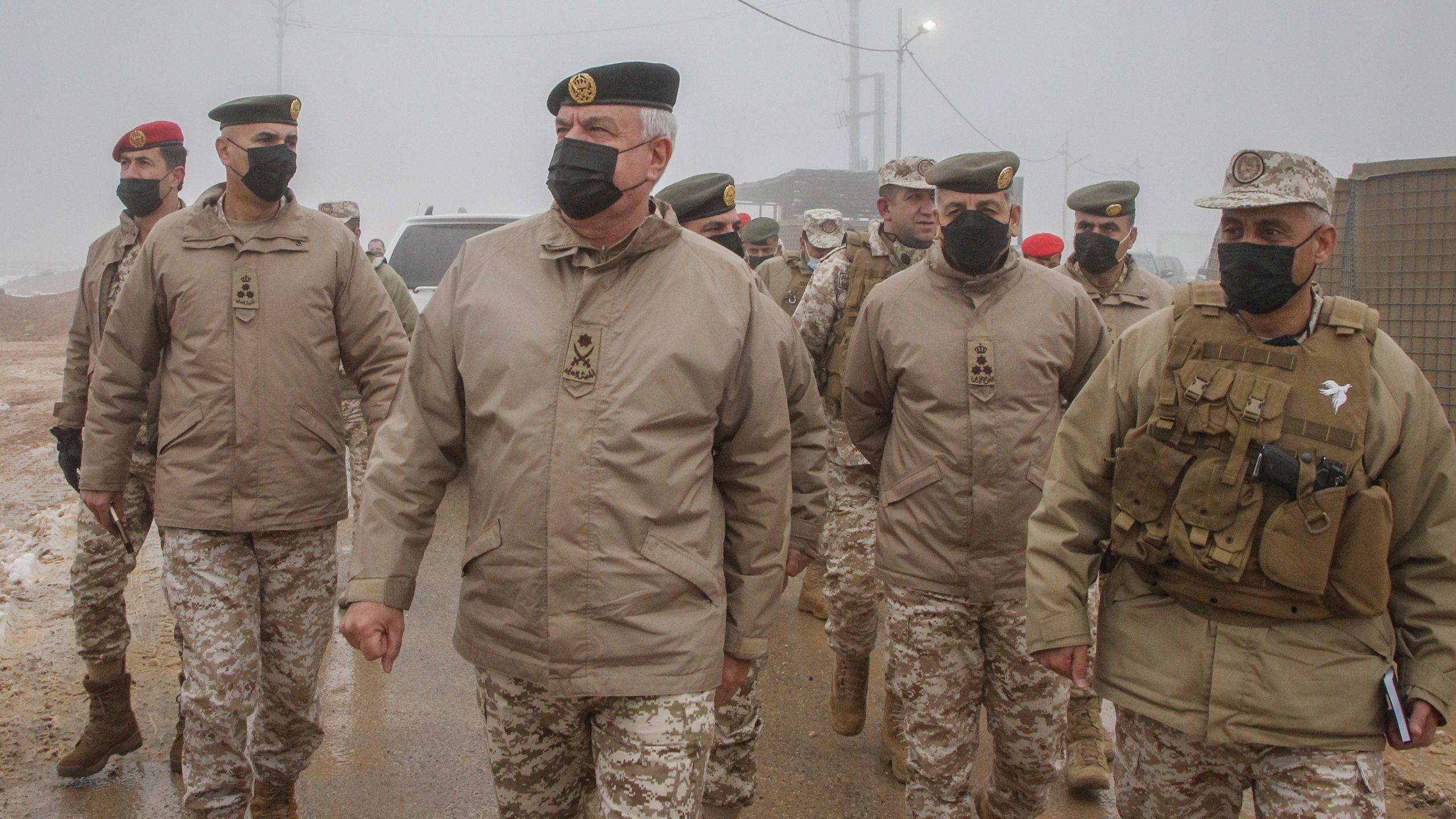
King Abdullah II, leader of the Hashamite Kingdom of Jordan (HKJ) expressed doubts at a recent event in New York, about whether Bashar al-Assad, is fully responsible and in control of Syria where he commented about the deteriorating security situation on the Syrian-Jordanian border and the potential for conflict between the neighbors, “I think that Bashar does not want that to happen, and he does not want a conflict with Jordan. But I do not know the extent of his control.”
“Iran and elements within the government benefit from the booming drug trade in the country,” he continued regarding the ongoing drug trafficking, which has only increased in spite of normalization efforts by Jordan and the Arab League earlier this year with promises of halting the flow of narcotics flooding the region, King Abdullah said about the flow of drugs, weapons and even explosives from Syria into Jordan that it is a “major problem.”
As unrest continues to spread through Assad-controlled Syria and the economy remains in free fall, Syria’s southern neighbor expresses serious concerns regarding stability and security and Assad and the impacts the mounting chaos has on the region, chief among them another wave of refugees as life in the country becomes unlivable, saying “people cannot even put food on the table.”
Concerns of insecurity and lack of control are more than just speculation, with Jordan facing actionable threats due to the large numbers of militias, gangs, and foreign actors on its borders with Lebanese Hezbollah and Iranian-backed troops entrenched in the drug trade and southern Syria, “Every day we fight on our borders,” the situation says Jordan’s leader, “is exploited by all parties, including some people within the regime, the Iranians and their agents.”
Mamoun Abu Nawar, a Retired Jordanian Major General and military strategic analyst thinks the situation may result in a military intervention by Jordan’s armed forces. Jordan has already launched two cross-border strikes against the narcotics infrastructure in Syria but according to Abu Nawar, full-scale entry of ground forces may be necessary to ensure Jordan’s security.
Abu Nawar told news outlets close to the HKJ’s government that the armed forces may change the rules of engagement to allow for Jordanian troops to penetrate into Syrian territory up to, similar to the Adana Agreement, “the Adana Security Agreement gave Turkey the right to enter five kilometers to pursue terrorists and smugglers, and there are voices in the international community calling for increasing that distance to ten kilometers.” He stressed that Jordan “won’t establish a buffer zone unless forced to do so,” while asking, “why is Turkey allowed and not Jordan?”









